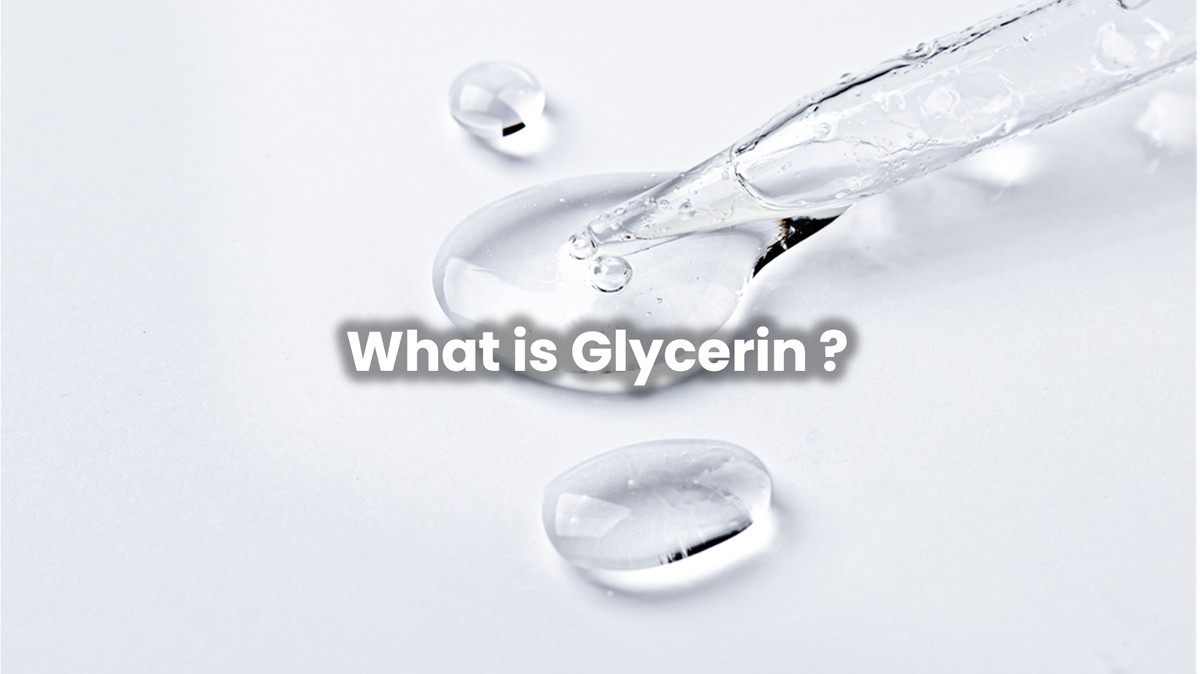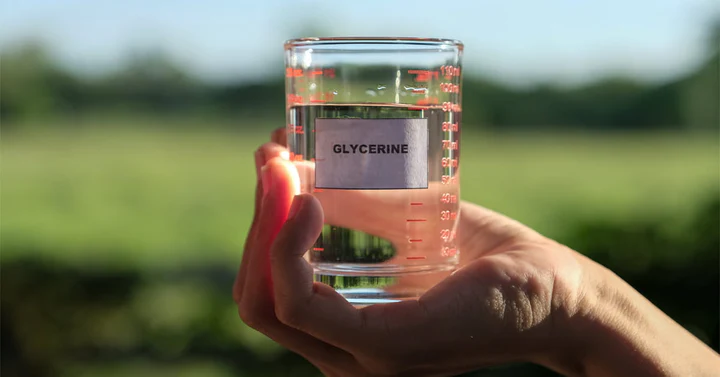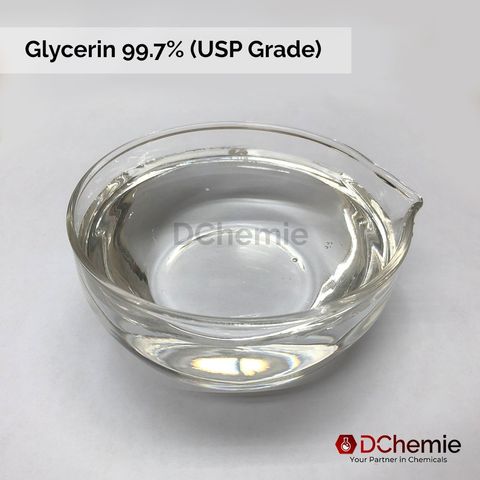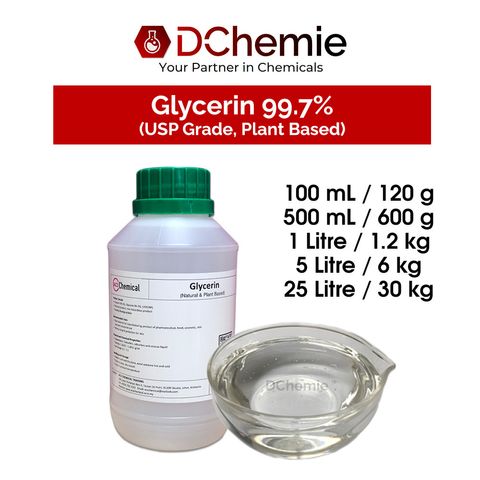
Understanding Glycerin
Glycerin, also known as glycerol, is a colorless, odorless, and sweet-tasting liquid. It is a simple polyol compound. Glycerin is widely used in various industries and products due to its properties. It is often used as a solvent, sweetener, humectant and thickening agent. Glycerin can be derived from animal fats, vegetable oils, or synthesized chemically.
Function and Uses:
Glycerin serves as a vital component in numerous applications due to its hygroscopic nature, meaning it attracts and retains moisture from the environment. This property makes it an excellent humectant, emollient, solvent, and lubricant in various industries such as pharmaceuticals, food and beverage, cosmetics, personal care, and industrial manufacturing.
Applications:
Glycerin finds extensive use across various industries:
- Pharmaceutical Industry: In pharmaceuticals, glycerin acts as a solvent in drug formulations, serves as a lubricant in tablets and capsules, and functions as a humectant in topical preparations such as creams, lotions, and syrups.
- Food and Beverage Industry: Within the food and beverage sector, glycerin serves as a sweetener, solvent, and humectant. It is commonly used in confectionery, baked goods, dairy products, and beverages to enhance texture, retain moisture, and prolong shelf life.
- Cosmetics and Personal Care Industry: Glycerin is a key ingredient in skincare products like moisturizers, soaps, and body washes due to its moisturizing and emollient properties. It helps maintain skin hydration, softness, and smoothness.
- Industrial Manufacturing: In industrial applications, glycerin serves as a precursor in the production of various chemicals such as propylene glycol, epichlorohydrin, and glycerol carbonate. It also finds use in the manufacturing of explosives, antifreeze, and lubricants.
Product Types and Examples:

- Skincare Products: Moisturizing lotions, creams, facial serums, and body washes often contain glycerin to help hydrate and nourish the skin.
- Pharmaceuticals: Liquid medications, ointments, and suppositories utilize glycerin as a base or vehicle for active pharmaceutical ingredients.
- Food Products: Glycerin can be found in baked goods, candies, chewing gum, and low-calorie sweeteners, enhancing texture and moisture retention.
- Personal Care Items: Toothpaste, mouthwash, shaving creams, and hair care products utilize glycerin for its moisturizing and conditioning properties.
Properties/Characteristics:
- Hygroscopic: Glycerin has the ability to attract and retain moisture from the surrounding environment, making it an effective humectant.
- Viscous: It is a thick, syrupy liquid with low volatility, contributing to its lubricating and emollient properties.
- Water Soluble: Glycerin is miscible with water, allowing it to be easily incorporated into aqueous solutions and formulations.
- Non-toxic: It is safe for human consumption and widely used in pharmaceuticals, food, and personal care products.
Conclusion:
In conclusion, glycerin is a versatile chemical compound with a wide range of applications across various industries. Its unique properties make it indispensable in pharmaceuticals, food and beverage, cosmetics, personal care, and industrial manufacturing. As a leading chemical supplier, we offer high-quality glycerin with no minimum order quantity (MOQ) requirement and flexible packaging options to meet the diverse needs of our customers. Explore the possibilities of glycerin in your formulations and applications, and unlock its potential for enhancing your products.


